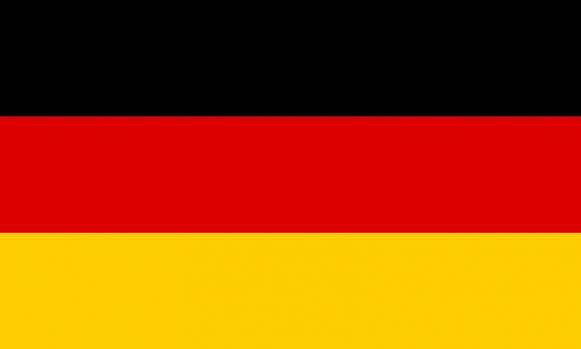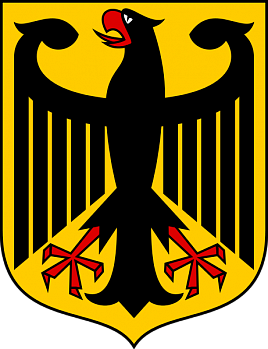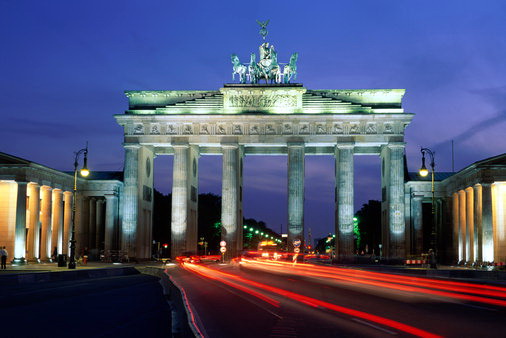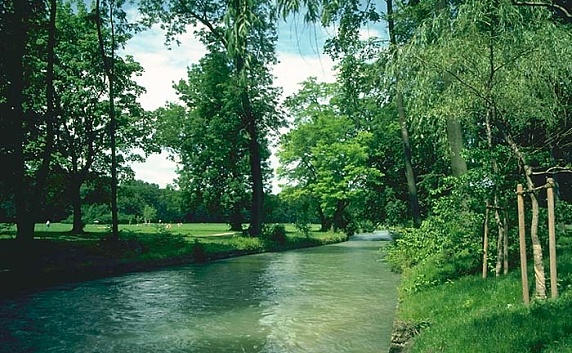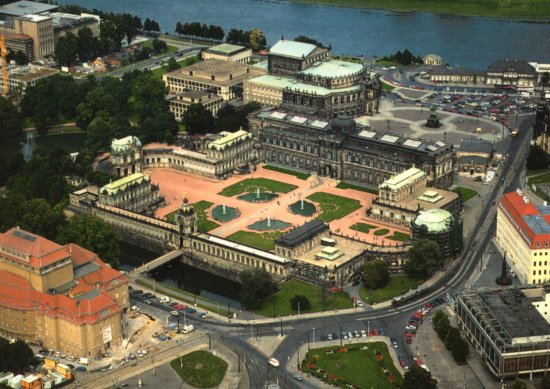 the Federal Republic of Germany
the Federal Republic of Germany
Foreign Minister Sergey Lavrov’s opening remarks and replies to media questions at a joint news conference following talks with Federal Foreign Minister of Germany Annalena Baerbock, Moscow, January 18, 2022
Ladies and gentlemen,
I would like to once again welcome Federal Foreign Minister of Germany Annalena Baerbock. We have spoken by telephone but this is our first full personal meeting. I hope that after this we will develop motivated and constructive cooperation.
We had a businesslike discussion on many urgent bilateral issues.
We have the potential for this; it is solid. We noted the increase in Russian-German trade last year over 2019-2020. We consider it necessary to make additional efforts at the government level and between our economic actors to consolidate this positive dynamic. Broader cooperation in promising areas like healthcare, climate protection, energy efficiency and the development of renewable energy sources, as well as hydrogen and eco-friendly technology, could help us accomplish this goal.
We exchanged views on the issues related to the ongoing certification and upcoming commissioning of the Nord Stream 2 gas pipeline. This is the biggest commercial project in ten years and it is designed to ensure energy security for
We mentioned the difficulties encountered by
We spoke in favour of resuming work and going ahead with the conceptual renewal of the Petersburg Dialogue Russian-German public forum. It is gratifying to know that the majority of participants from
We exchanged views on pressing international issues, focusing on relations between the
We expressed our concern with NATO's policy of containing
Regarding
We discussed the situation on the Belarusian-Polish border as well. We hope that the stakeholders will make efforts to overcome this crisis through dialogue with the Belarusian authorities.
We informed our counterparts about using the CSTO peacekeeping potential to stabilise the situation in
We have an ongoing dialogue with
The discussion was very useful and covered the issues that we still disagree on. But the exchange of views showed that we are capable of taking gradual steps forward, overcoming these differences for the benefit of our peoples and achieving the goals of the international community in various trouble spots around the world.
I am grateful to the Foreign Minister and her delegation for the joint work.
Question: Germany is emphasising at all talks and in all formats its openness to dialogue with Russia but keeps saying that Russia will face serious consequences if it continues escalating the conflict with Ukraine. What are the most serious consequences with which the German Government is threatening Russia? Did you discuss these potential consequences at today’s talks?
Sergey Lavrov: We talked in detail about the developments in Ukraine and around it, primarily the subversion of the Minsk Agreements by the Kiev regime. Proceeding from the text of these agreements, we underscored the need to stop this subversion and start taking steps in the sequence laid out in this document. These agreements are clear. There may be no dual or triple interpretations. We explained that “the escalation” mentioned by many Western politicians actually means the presence of our troops on our own territory, holding exercises for the purposes of combat training. Every country does this. We made clear that we cannot accept any demand that concerns the Russian armed forces on our own territory.
We noted that, while demanding the return of our troops to barracks (as US officials put it), NATO members claim at the same time that what happens on NATO territory, in particular the movement of troops (including the contingents that arrived in Europe from overseas), does not concern anyone but the NATO countries themselves. The double standard is obvious.
As for the consequences Germany is threatening, I cannot predict what steps the German Government will take in this or that situation. We have not given it any pretext to create a new conflict. We are merely demanding meticulous implementation of what we agreed upon. This applies to the Minsk Agreements that are being subverted by Kiev and the general security architecture in Europe. The proposals we submitted for consideration by the United States and the North Atlantic Alliance are based on the solid ground of the documents adopted at the top level, including the OSCE summit in Istanbul in 1999 and Astana in 2010. Everything was clearly formulated there. Indeed, every country has the right to choose alliances but the document says in the same instance that every country must ensure its security in a way that will not threaten the security of any other state. We asked our German and American colleagues to explain to us how they interpret this particular part of the commitments in practice.
We hope this conversation will continue. It is a serious matter. A delay in reaching specific agreements will not work.
We are not threatening anyone but we are hearing threats addressed to us. I hope this merely reflects the emotions that certain forces are whipping up inside the Western camp. We will be guided by specific steps, by deeds. Our response will depend on what specific steps our partners will take.
Question: Are the Normandy format members likely to meet at the level of foreign ministers any time soon after the talks? Could you give us a timeline keeping in mind the global aspect of the conflict? Wouldn't this format benefit from getting other countries, such as the United States, involved?
Sergey Lavrov: Our position is well known. For us, the main thing is not about “when” to meet, but “why” meet. If we meet only to have President Zelensky say again that a group of respected leaders has gathered at his initiative and that he thus considers his mission accomplished, we have no need for such a meeting.
The Normandy four summit was held in Paris in 2019, where specific steps to be taken by the Kiev authorities were articulated and approved by the summit participants as a result of difficult talks. So far, nothing has been done in this regard. There are many examples of the Ukrainian side sabotaging the ceasefire agreements reached back in July 2020. We need to be clear in advance about what we are going to discuss at a Normandy format meeting of any particular level. This work is being done by foreign policy advisers and the Normandy format leaders. Our approaches are well-grounded, clear and open. We look forward to Berlin and Paris hearing multiple iterations of these approaches, because there’s no hope that Kiev ever will. Our only hope is that Berlin and Paris will force Mr Zelensky to deliver on what he promised so many times.
As President of Russia Vladimir Putin has repeatedly pointed out, as members of the Contact Group and the Normandy format, we will do our best to help create favourable conditions for reaching agreements on ways to implement the Minsk Package of Measures. We are genuinely interested in making this happen.
The US-related matters have been discussed on multiple occasions. Under the Trump administration, the State Department had a special representative working on the settlement process in Ukraine. His efforts were concurrent with the Normandy format activities and the Contact Group meetings. He had different opinions about who should do what which (let’s face it) were inconsistent with the Minsk Package of Measures. But I already touched on this matter. We have good reasons to believe that the current administration has a more realistic outlook on the Ukrainian settlement; in particular, it recognises the need to start off with resolving the problem of the special status of Donbass.
I assure you that as soon as we achieve clarity with regard to the powers that Donetsk and Lugansk will receive under the Minsk Agreements, the remaining issues will be resolved much more easily. Now, we are stuck with the stated, codified policy of the Kiev regime to drag out the political aspects of the Minsk Agreements and to divert the discussion towards important, but still secondary issues.
We will welcome the United States if, in addition to existing formats, it helps us move towards this end, since it has a decisive influence with the Kiev regime.
Question: It is impossible to expect support from the German Government for RT TV channel. Can we expect it from the Russian Foreign Ministry? If we can, how will it be done?
Sergey Lavrov: You can not only expect the support, it is already being delivered. We spoke about it in-depth today again. At the beginning of this shameful situation I summoned the German ambassador. Talks were also held at other levels.
We are concerned about the developments around our journalists. There are grounds to believe that the German Government is directly involved in the situation. You will remember that at the early stages, bank services were terminated for our journalists. It was restored later and some signs for optimism emerged. But then they started to fade. When RT DE began to apply to other countries, I am sure Berlin took all necessary steps for such permission to be denied in other capitals. It was ultimately granted by Serbia. However, even though all the permits fully complied with the European Convention on Transfrontier Television, the German media office blocked the satellite broadcasts. We consider it to be invasive of the activities of independent journalists. It runs counter not only to the European Convention on Transfrontier Television, but also to numerous conventions of UNESCO, the Council of Europe, and agreements within OSCE on the unacceptability of impeding access to information. We expect Germany, as a party to these international treaties and agreements, will make efforts not to discriminate against the RT DE channel. We want this matter settled. We are completely unwilling to respond symmetrically. At the moment we expect concrete actions from our German partners. I will not even mention which measures must be taken. The key for us is that Russian journalists feel comfortable and are not discriminated against. When our journalists inform us that a situation is like that, it will be resolved.
We do not feel like erecting barriers to German journalists conducting their professional activities in the Russian Federation. However, no matter how much we would like to avoid taking steps in response, we will have to, if needed.
